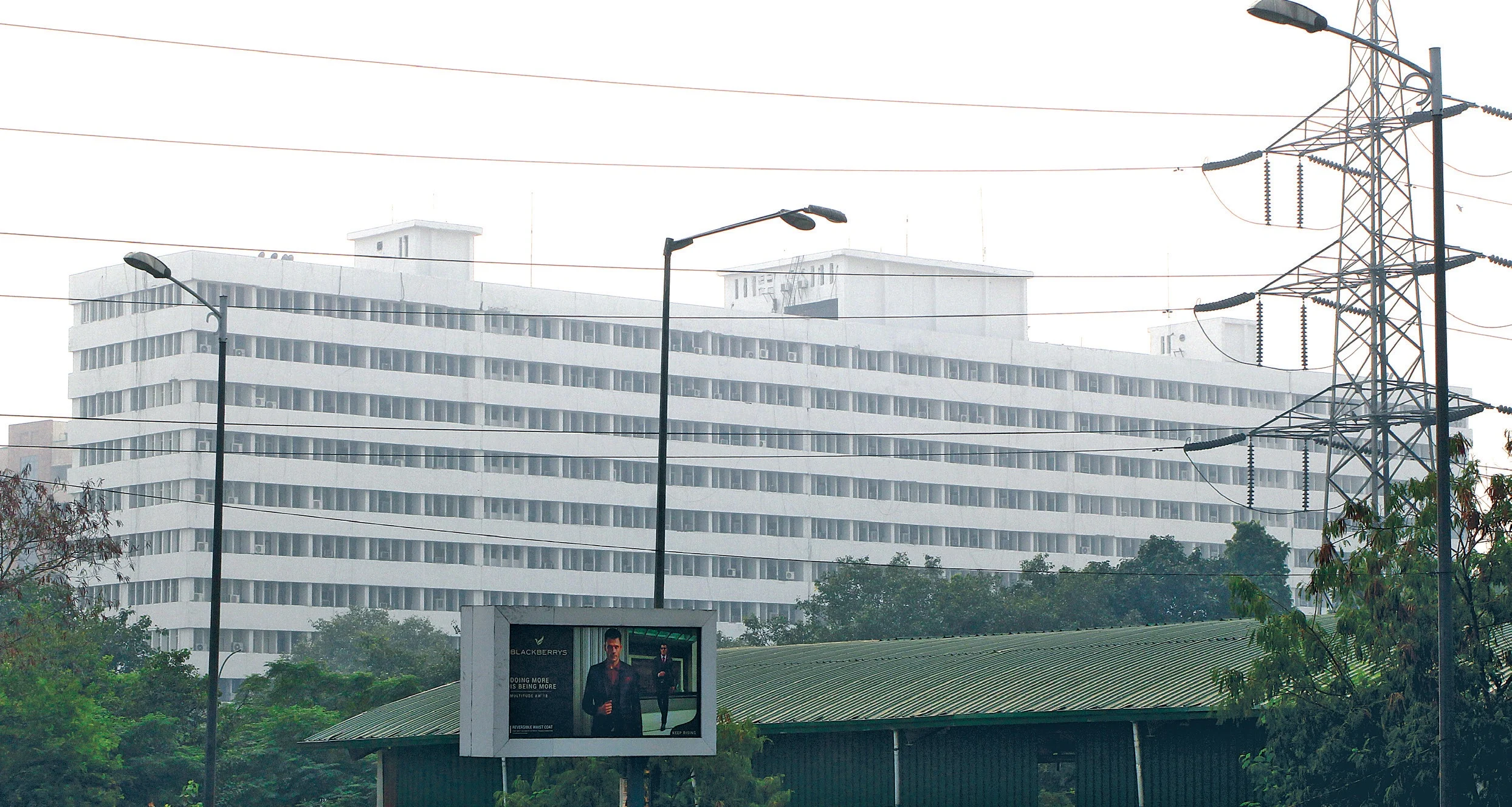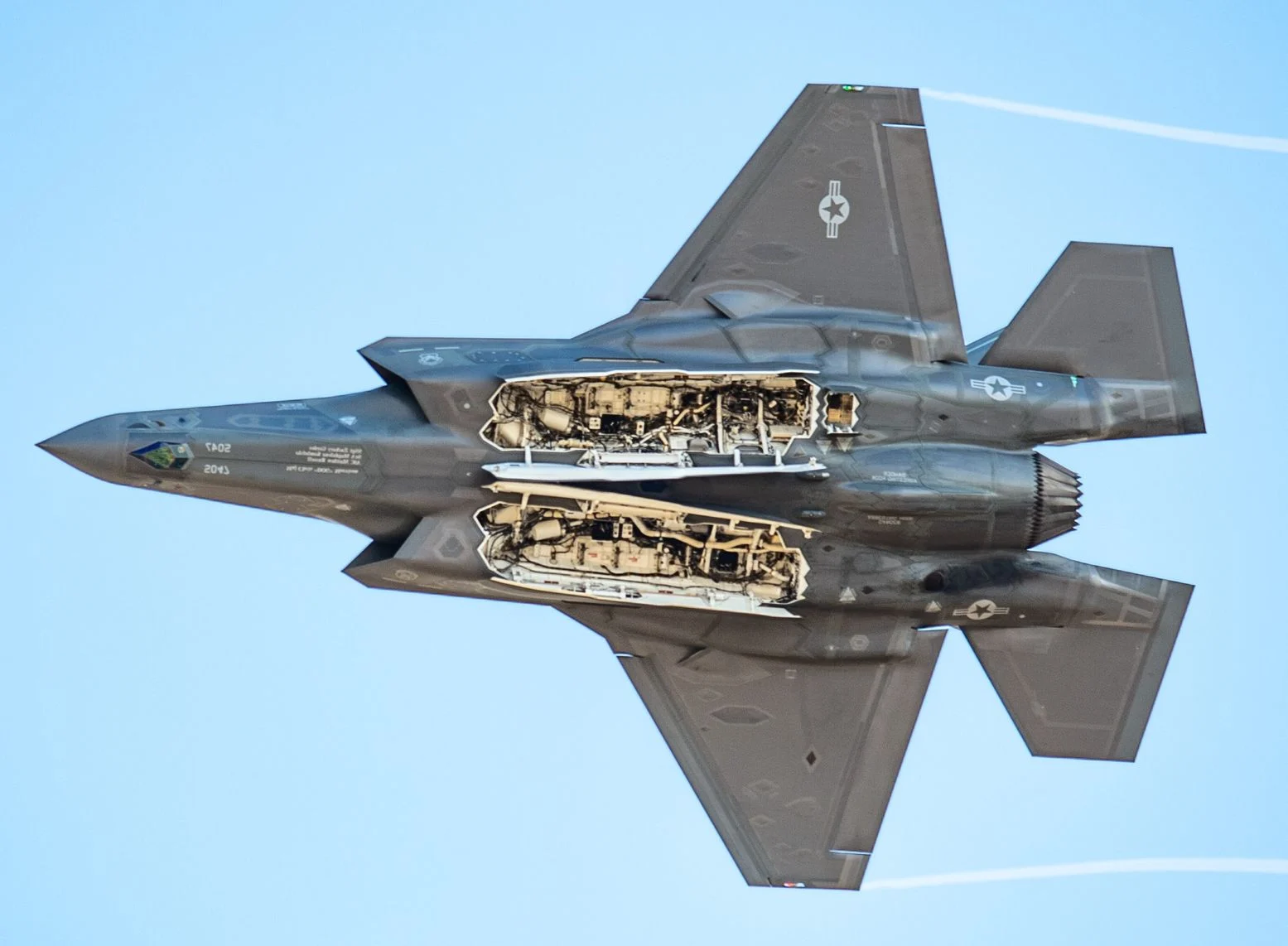
–By Aditya Baghel
The recent, successful counter-terrorism operations across multiple Indian states mark a critical victory for national security. Agencies have systematically busted multiple modules linked to major terrorist organizations, including ISIS, Al-Qaeda, and Babbar Khalsa International (BKI), exposing deep-rooted cross-border networks and preventing potentially catastrophic attacks. This article provides a fact-checked, detailed analysis of these key incidents and their profound positive impact on the nation.
The Incidents: A Coordinated Threat Disrupted
Security forces have demonstrated robust intelligence gathering and inter-agency coordination by neutralizing five separate, high-stakes terror plots across the country.
| Incident | Agencies Involved | Threat Level & Materials Seized | Key Linkages |
| ISIS/Ricin Plot (Gujarat) | Gujarat ATS | High: Three operatives arrested. Seizure of four foreign-made pistols, cartridges, 40 liters of castor oil, and attempts to manufacture poison from cyanide. One operative was a highly educated doctor. | Handler traced to ISKP (Afghanistan). Alleged drone-smuggling of weapons from Pakistan. |
| Al-Qaeda Operative Arrested (UP) | UP ATS | High: Senior operative Bilal Khan arrested. Actively spreading jihadist propaganda and attempting to recruit youth. | Direct contact with over 4,000 Pakistani phone numbers and AQIS (Pakistan) handlers. |
| Pan-India IED Module Busted (Delhi) | Delhi Police Special Cell, State Agencies | High: Five operatives arrested across Delhi, Jharkhand, MP, and Telangana. Seizure of arms, ammunition, and chemicals for fabricating Improvised Explosive Devices (IEDs). | Handler based in Pakistan. Aimed to establish a “Khilafat” and wage “Gazwa-e-Hind.” |
| Narco-Terror Kingpin Nabbed (J&K) | J&K SIA | Critical: Kingpin of a narco-terror module arrested from Mumbai Airport, having operated from Saudi Arabia. Followed the earlier seizure of 29 kg of Heroin, 1 IED, 6 hand grenades, and arms in the Pir Panjal region. | Key link between Pakistan-based handlers and operatives in the Pir Panjal region. |
| BKI Terror Module Foiled (Punjab) | Punjab Police Counter-Intelligence | High: Two operatives arrested. Seizure of an RDX-based IED weighing nearly 2.5 kg and a remote control. | Module operated by UK-based handlers under the direction of BKI mastermind Harwinder Singh alias Rinda. |
Immediate National Security Impact: Prevention of Catastrophe
The most critical and tangible effect of these operations is the prevention of mass-casualty attacks, sparing India from potential widespread destruction and destabilization.
- Averting a Chemical Attack: The Gujarat ISIS module, led by a radicalized doctor, was in possession of castor oil, which can be processed to create ricin, a highly potent poison with no known antidote. The doctor was also working to manufacture a deadly poison from cyanide and had reportedly surveilled food markets. This operation prevented a chemical-weapons-based plot for mass poisoning or targeted assassination.
- Preventing Urban Bombings and Targeted Killings: The busting of the Pan-India IED module (Delhi Police) averted major bombings planned for crowded locations in the capital and other cities. Similarly, the seizure of RDX-based IEDs from the BKI operatives in Punjab prevented targeted attacks that could have inflamed communal or regional tensions.
- Neutralizing an Ideological Threat: The arrest of Al-Qaeda operative Bilal Khan directly disrupts a sophisticated radicalization and recruitment network that leveraged social media to circulate extremist content, promote the ideology of ‘violent jihad’ among youth, and attempt to destabilize the nation’s constitutional framework.
Dismantling Cross-Border and Financial Networks
These successes are significant because they expose and disrupt the complex international machinery that funds, arms, and directs terrorism in India.
- Cutting Off Terror Finance: The action against the Narco-Terror Network in Jammu & Kashmir directly severs a crucial financial artery for Pakistan-based terror handlers. Drug trafficking proceeds, which are used to sustain terrorism and destabilize the Pir Panjal region, have been confiscated, thus choking the flow of illicit funds to terrorist groups.
- Exposing Foreign Direction and Arms Smuggling: The operations highlighted clear external support:
- The Gujarat ISIS module’s handler was traced to ISKP in Afghanistan, with weapons allegedly sourced via drone-smuggling from Pakistan.
- The Pan-India IED module and the Al-Qaeda operative were both receiving instructions directly from Pakistan-based handlers through encrypted communication.
- The BKI module was being directed by UK-based and Pakistan-backed operatives, showcasing a wide geographic net of terror command.
- Disrupting Radicalization Channels: Bilal Khan’s confirmed contact with nearly 4,000 Pakistani phone numbers underscores the scale of the digital and ideological infiltration efforts being orchestrated from across the border, aimed at inciting Indian youth.
Enhanced Security Preparedness and Inter-Agency Synergy
The successful, simultaneous foiling of such diverse and multi-state modules is a testament to the strength and efficacy of India’s national counter-terrorism apparatus.
- Robust Intelligence Sharing: The fact that pan-India, multi-state modules were tracked, infiltrated, and busted often involving joint raids across states like Jharkhand, Telangana, Madhya Pradesh, and Gujarat indicates strong, seamless inter-state intelligence sharing and superior coordination between agencies like the NIA, ATS, and Special Cell.
- Mapping the Terror Ecosystem: Each arrest provides forward and backward linkages, allowing agencies to map and dismantle the entire terror ecosystem, including financial facilitators, ground recruiters, and sleeper cells. This proactive approach transitions the security strategy from mere reaction to pre-emptive disruption, making the nation significantly safer in the long term.
The combined effect of these high-impact operations is a major strategic setback for multiple state and non-state terror actors. By proactively dismantling these sophisticated networks, India has reaffirmed its commitment to securing its borders, protecting its citizens, and upholding its constitutional framework against both conventional and hybrid terror threats.



👍👍Much needed Report to Know about all of them at once , lot of threat were neutralize sudden
This is a very insightful article! I especially liked how you broke down the key challenges and offered practical tips. It really gives readers a fresh perspective on the topic.
This is such a helpful write-up! I especially liked the section about planning ahead and thinking strategically—it’s often overlooked in similar articles.
This is such a helpful write-up! I especially liked the section about planning ahead and thinking strategically—it’s often overlooked in similar articles.